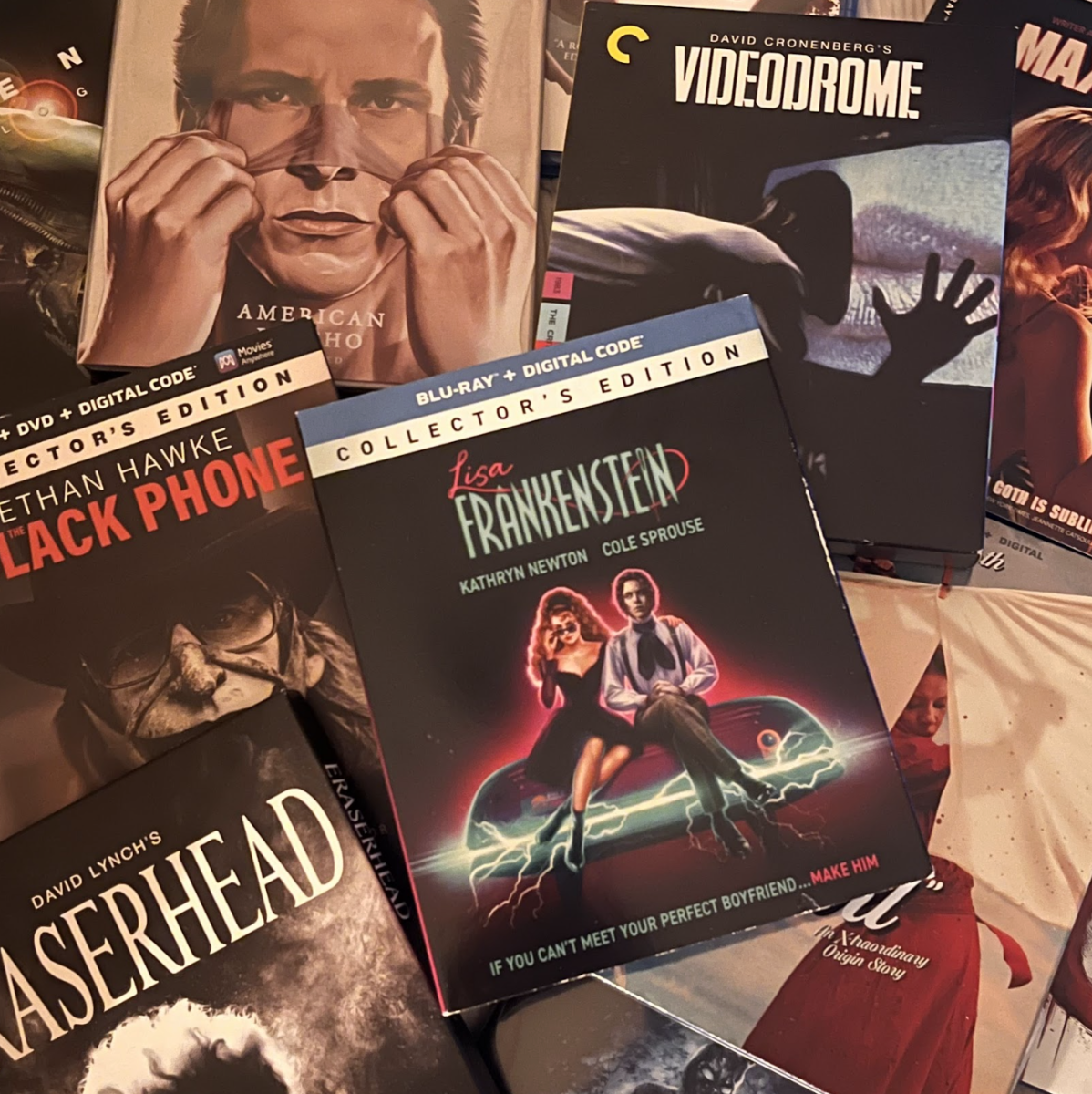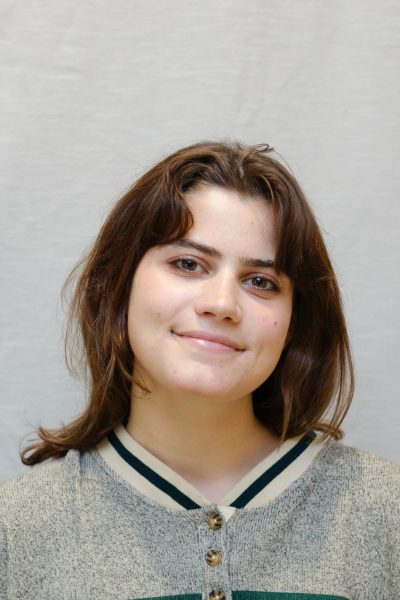For some, horror movies are an untouchable subject – and understandably so. The idea of deliberately seeking out something designed to terrify you can feel, on paper, like a form of self-sabotage. Despite this factor of fear, horror remains one of the most enduring and profitable genres in film.
According to Bloomberg, horror movies generate roughly $1 billion at the box office each year, predominantly due to the influx of new releases that hit theaters between late August and October – a period affectionately dubbed “spooky season” by both die-hard horror fans and casual Halloween enjoyers alike.
This enthusiasm is by no means limited to box-office analytics or studio profits. Since its emergence in the late 1890s, the genre has produced countless subgenres, consistently evolving to reflect cultural fears and fixations. Horror can both entertain and connect individuals through these shared scares.
This appeal is evident across the Chatham University community, as well. With Halloween night approaching, the Communiqué spoke with some of the area’s most enthusiastic horror fans to find out why the genre resonates with them.
Brian Cottington – podcaster, film critic, independent filmmaker and Chatham faculty member – is just one example. His podcast show “Cinema Psychos” focuses on a wide range of films, with a particular focus on horror and cult classics.
“I find [horror films] extremely relaxing. It’s totally a nostalgia thing for me,” Cottington said. “I was watching a horror film the other night, and for me it was nice to just decompress, get sucked into a good horror movie and turn off the world.”
For Cottington, horror isn’t just entertainment, it’s a form of catharsis. This sentiment traces back to his earliest memories of the genre, he recalled, when he first watched a horror film when he was no more than 3 years old. Today, his admiration for the genre has evolved to include filmmakers with boundary-pushing filmographies. He cited Clive Barker – known for his work in horror as a writer, film director and visual artist – as one of his all-time favorites.
“When I saw ‘Hellraiser’ for the first time, I recognized it was something special that tapped into a side of horror that I had never seen,” he said.
Kenneth Kaszak — local writer and host of the educational lecture series “Anatomy of a Movie” — says that horror’s power lies in what makes film a distinct medium.
“When you look at stage shows, they rely on actors, music and lighting,” he said. “Film has all of that plus editing. Editing is really what makes horror work.”
He cited “The Silence of the Lambs” (1991) as featuring some of the most effective editing across any genre.
Kaszak also said that horror can offer a starting point for emerging filmmakers.
“Many famous directors actually start their careers in horror,” he said.
Some notable examples include James Gunn, Sam Raimi and George A. Romero — the latter being a Pittsburgh icon due to his “Night of the Living Dead” series, filmed in Evans City and other parts of Piitsburgh.
Kaszak credited this trend to the genre’s low-budget opportunities and openness to experimentation, which makes it ideal for those looking to break into the industry.
That creative freedom is what Riley Weiss ’27 said she appreciates most about horror, along with its visual design.
“I really like the look of many horror characters,” Weiss said. “You can get really creative with how they design them. I always say I’d rather watch a bad horror movie than a good action movie.”
Like Cottington, Weiss also ties her love for horror to nostalgia.
“Horror movies are a source of comfort for me because they remind me of my dad and my childhood,” she said. “I grew up watching horror and going to horror conventions, so it’s always been a big part of my life. ‘IT’ (1990) was my first favorite movie when I was 7.”
Cottington believes that the genre’s growing popularity among younger audiences is linked to its emotional depth.
“I like that a lot of the horror movies coming out today are elevated and hit deep topics through the guise of horror,” he said.
He pointed to this year’s Guillermo del Toro adaptation of “Frankenstein,” which he was able to catch at an early screening.
“It’s very much about generational trauma,” Cottington said. “Seeing a movie that explores that is something that speaks to everyone, but especially to young people.”
As the genre continues to evolve and introduce new subgenres, horror adapts its themes and styles to align with shifting contexts.
For anyone interested in catching up on some popular horror films this Halloween season, Pittsburgh has no shortage of cinemas showing a variety of titles, catered to both horror-extremists and those looking for a less frightening introduction to the genre. For more information, click this link to see a list of upcoming horror film screenings.
Additionally, “Cinema Psychos” can be streamed or downloaded from any major podcast platform. To learn more about Cottington’s work, see his website at cinemapsychosshow.com.



